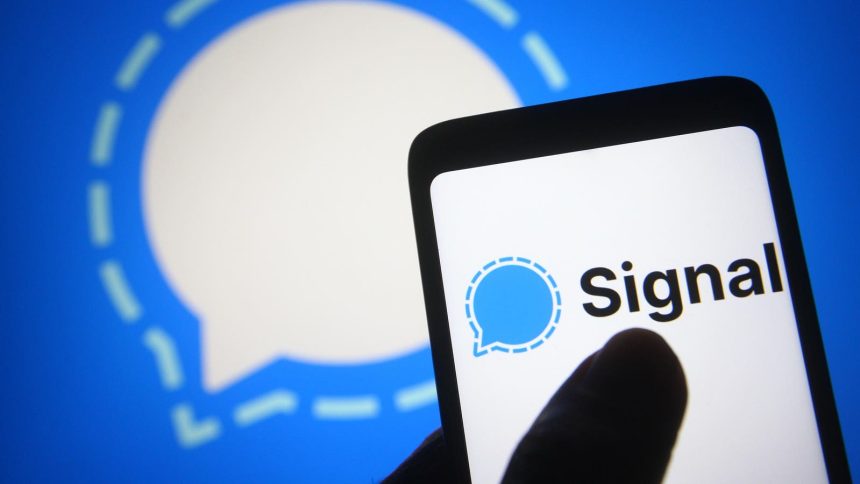In today’s digital landscape, where data breaches and online surveillance are rampant, safeguarding your personal communications is paramount. Cybercriminals constantly exploit stolen messages, photos, and personal information for malicious purposes such as identity theft, AI-driven scams, and extortion. Consequently, the need for secure messaging apps has become increasingly critical for individuals seeking to protect their digital privacy. These apps offer a variety of features, including end-to-end encryption, decentralized networks, and disappearing messages, to shield your conversations from prying eyes. Choosing the right app depends on your specific privacy requirements and communication needs.
Signal stands out as a leading choice for privacy-conscious users. Its commitment to end-to-end encryption by default ensures that only the sender and recipient can decipher messages. Signal’s dedication to user privacy is further reinforced by its minimal data collection practices and open-source codebase, allowing for independent security audits. The recent introduction of usernames, eliminating the need to share phone numbers, enhances anonymity, while endorsements from privacy advocates like Edward Snowden solidify its reputation as the “gold standard” for secure communication.
Session offers a decentralized alternative for users who prioritize anonymity and censorship resistance. Operating on a decentralized network eliminates central servers, mitigating the risk of hacking or government subpoenas. End-to-end encryption is standard, ensuring message confidentiality, while registration without a phone number or email adds another layer of anonymity. Session’s utilization of onion routing obscures metadata, making it difficult to trace messages, and its peer-to-peer communication bypasses centralized points of failure, enhancing resilience and privacy.
WhatsApp, owned by Meta, balances security with widespread accessibility. Utilizing the same end-to-end encryption protocol as Signal, WhatsApp offers robust privacy for its billions of users. Despite concerns regarding Meta’s data practices, WhatsApp maintains its commitment to encryption standards. Features like disappearing messages and end-to-end encrypted backups demonstrate a growing emphasis on user privacy. While metadata collection remains a concern, WhatsApp’s ease of use and security features make it a practical choice for everyday communication.
For individuals seeking professional-grade security, Wickr provides military-grade encryption and a zero-knowledge architecture, guaranteeing that not even Wickr can access user messages. Self-destructing messages and customizable expiration times offer enhanced control over message lifespan, making Wickr ideal for sensitive communication. Furthermore, its enterprise-level functionality caters to businesses seeking secure collaboration tools.
Viber caters to users seeking a balance between security and social features. Offering end-to-end encryption by default, Viber also includes features like hidden chats protected by PINs and secure group video calls. This combination of robust security and user-friendly features makes Viber a suitable choice for both personal and professional communication. Its versatility allows users to seamlessly transition between secure private conversations and group collaborations.
The importance of secure messaging cannot be overstated in the current digital environment. As cyber threats like identity theft and AI-powered scams become increasingly sophisticated, secure communication tools are essential for protecting personal information and maintaining digital privacy. These apps provide a crucial line of defense by encrypting messages, making them unreadable to unauthorized parties even if intercepted. Selecting the right app depends on individual priorities, whether it’s anonymity, group functionality, or enterprise-grade security. By adopting secure messaging apps, users can take proactive steps to mitigate the risks posed by evolving cyber threats. The choice of app ultimately depends on the user’s specific needs and preferences, but the availability of such tools empowers individuals to take control of their digital security.



